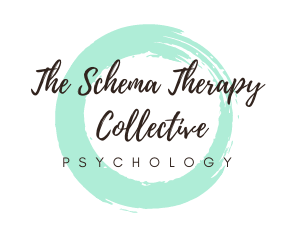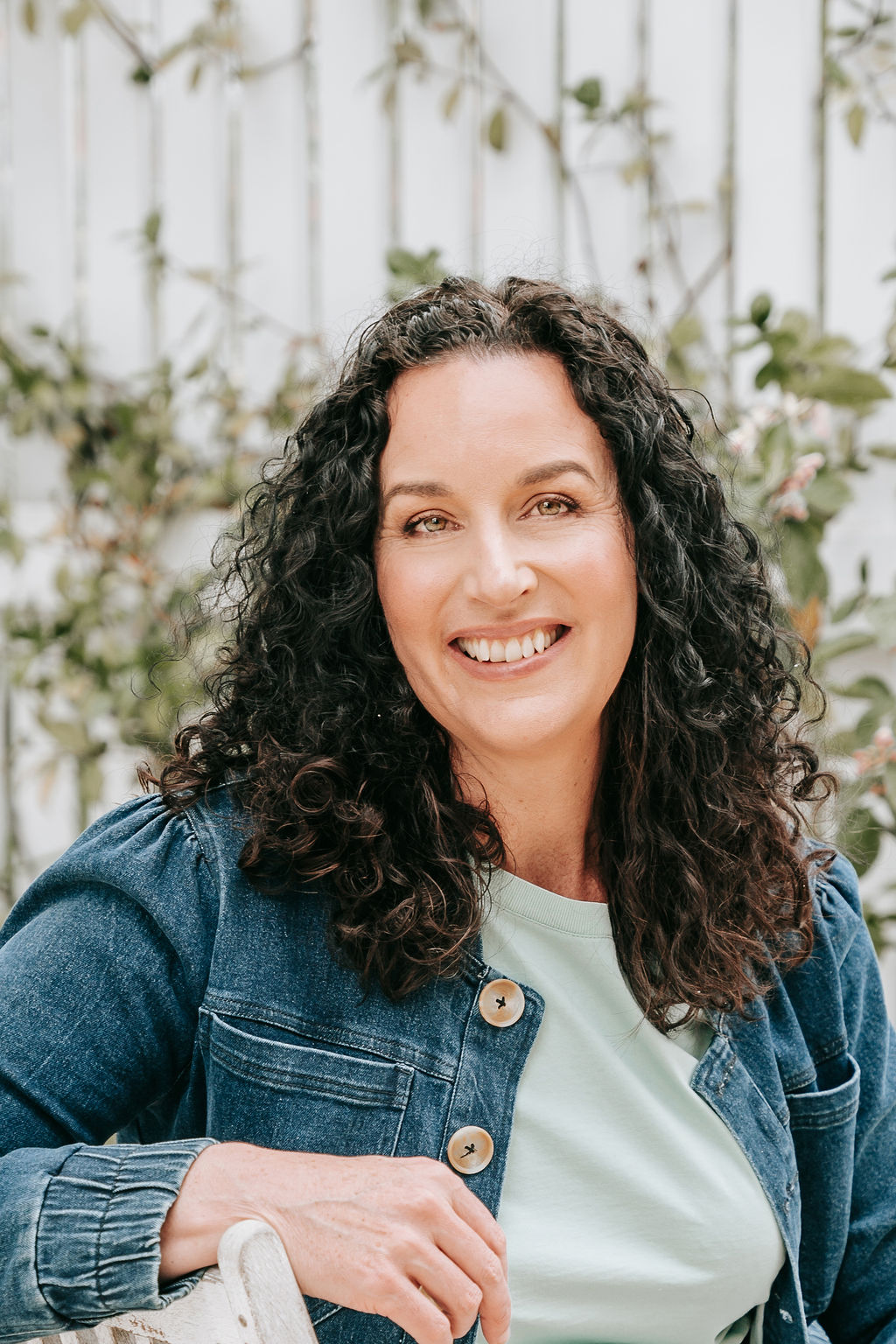Do you every feel lonely, empty or emotionally separate to others, even when you’re with people?
Do you tend to focus on others, leaving other people seeing you as strong and having few needs?
Or do you struggle to identify your own emotional needs? Maybe you even think you don’t have emotional needs and tell yourself “I’m fine”.Maybe you feel invisible, detached or lonely.
If you recognise these thoughts and feelings, you are not alone. These thoughts and feelings belong to the schema called emotional deprivation. In fact it is such a common schema, emotional deprivation is the most common problem of people attending therapy and is also common to therapists.
Emotional deprivation can make it hard to get your emotional needs met as an adult. This is often because you tend to believe your needs don’t matter, you feel that people just don’t get you or you tend to choose partners who are emotionally avoidant because it’s what you know.
Emotional deprivation occurs when children do not get their needs for nurturance, empathy and protection during childhood. Emotional deprivation can occur even when parents weren’t obviously abusive and were generally trying to do their best.
Maybe your parents were too busy, had poor emotional regulation skills, were absent or unavailable due to illness or lacked the skills to notice and respond to your emotional needs.
Very often in therapy we help people link their symptoms of anxiety and depression or relationship difficulties to the vulnerable part of them that holds the pain of emotional deprivation schema. While people come wanting to feel less empty or detached, often it’s the lack of emotional nurturance and connection in their life that is causing their symptoms.
We help people recognise as validate their needs for nurturance, empathy and protection both those as a child that they missed out on and their current emotional needs. A Healthy Adult part is built or further developed to help our clients compassionately manage their emotional needs without self-criticism or using unhelpful coping modes.
Many people do not even know what they have been missing, because sometimes you can’t know what you didn’t get.This is such a big topic I will post more about what it looks like and what to do about it next week.
When you’re an adult you can feel what you feel and know that the feelings are normal and ok and that your feelings and needs matter.
You can make your own choices and find ways to get your emotional needs to be seen, heard, and understood that weren’t available to you in your childhood.
Sometimes you may get pulled into patterns from your childhood and it can feel like the above isn’t true.
If you find yourself wobbling about whether what you feel is ok or criticising yourself for how you feel, or maybe thinking you can’t really do what you need or want to do because it never works out for you or someone will get upset, try talking kindly to the vulnerable part of you.
Remind your younger self that the adult you is in charge now, the days of being little and not getting your needs met are over. Do it with kindness.
You may like to say something to yourself life.
Dear little me,
It’s understandable you feel this way sometimes. It hurts to feel that no one understands. This feeling will pass. I an working on my schema and I can get my needs met now, most of the time. Many people care about me.
Often it can be too hard to do this yourself. Especially if you have a strong inner critic.
In this case, you need a good therapist to help you have compassion for the vulnerable part of you, to reduce your critic and help you learn to trust that your feelings and needs matters.


